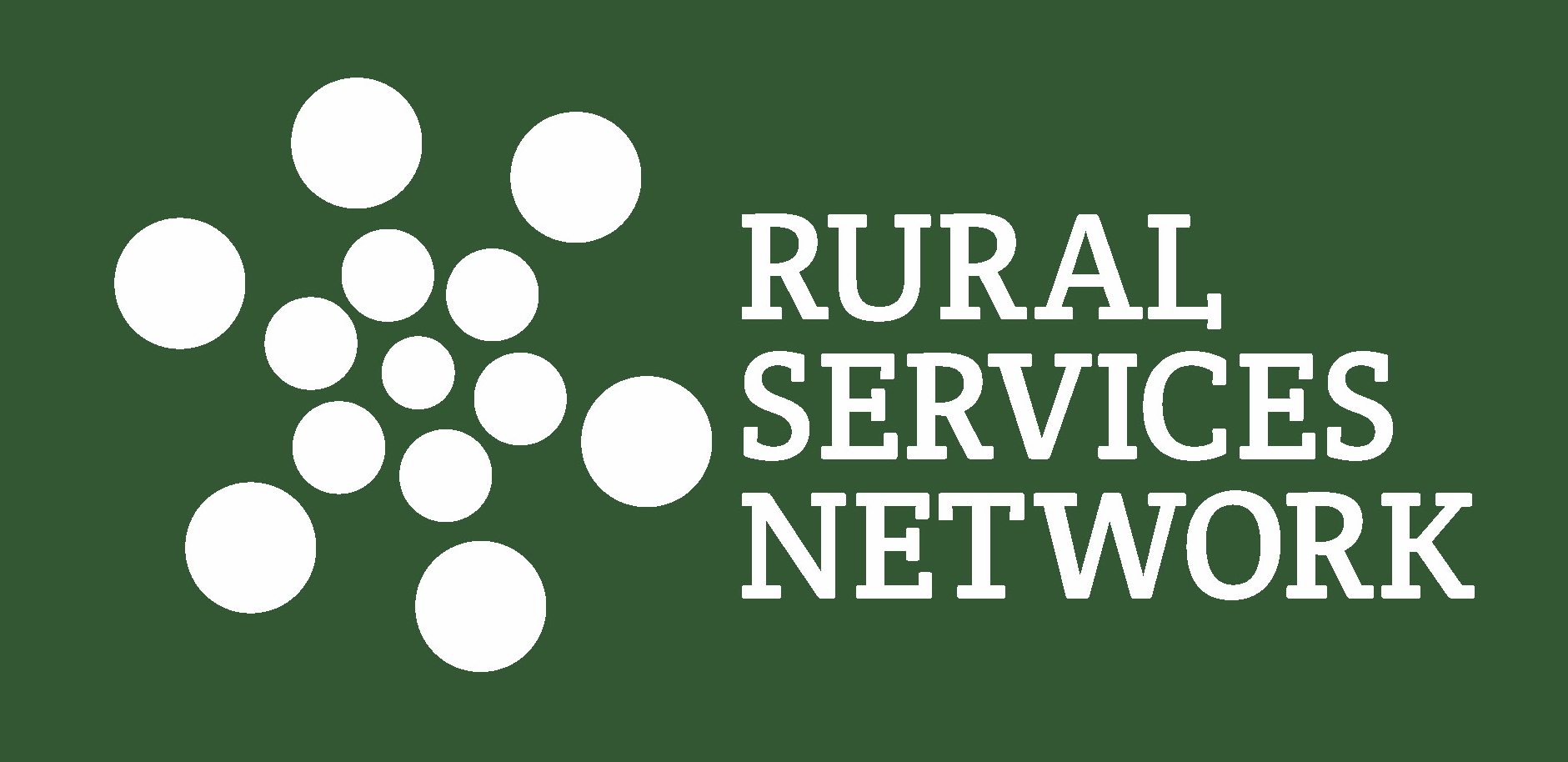T: 01822 851370 E: [email protected]
Visit RSN Survey about life in rural England to find out more.
Concerns about rural access to dentistry
The BBC last week reported on the Full extent of NHS dentistry shortage
The article highlighted how,
“Nine in 10 NHS dental practices across the UK are not accepting new adult patients for treatment under the health service, a BBC investigation has found.
In a third of the UK's more than 200 council areas, we found no dentists taking on adult NHS patients.
And eight in 10 NHS practices are not taking on children.
The Department of Health said it had made an extra £50m available "to help bust the Covid backlogs" and that improving NHS access was a priority.”
BBC News contacted nearly 7,000 NHS practices - believed to be almost all those offering general treatment to the public.
The British Dental Association (BDA) called it "the most comprehensive and granular assessment of patient access in the history of the service".
While NHS dental treatment is not free for most adults, it is subsidised.
The BBC heard from people across the UK who could not afford private fees and said the subsidised rates were crucial to getting care.
The lack of NHS appointments has led people to drive hundreds of miles in search of treatment, pull out their own teeth without anaesthesia, resort to making their own improvised dentures and restrict their long-term diets to little more than soup.
|
Analysis shows that from the BBC figures, the percentage of dental practices not taking on new adult NHS patients was 98.1% in predominantly rural areas compared to 88.1% in predominantly urban areas. There are 8.6 dental practices with an NHS contract per 100,000 population in rural areas, compared with 10.1 dental practices per 100,000 population in urban areas. These were the practices identified by the BBC as part of their research. Difficulties in accessing services will be exacerbated in rural areas where poor public transport links and the sparsely dispersed population means that you may have to travel further to access care. |
These figures were calculated from the BBC research and you can read more about their methodology at this link


 The Rural Services Network has used the figures found in the BBC investigation to explore whether the impact of lack of access to dentistry is more acute in rural areas.
The Rural Services Network has used the figures found in the BBC investigation to explore whether the impact of lack of access to dentistry is more acute in rural areas.

